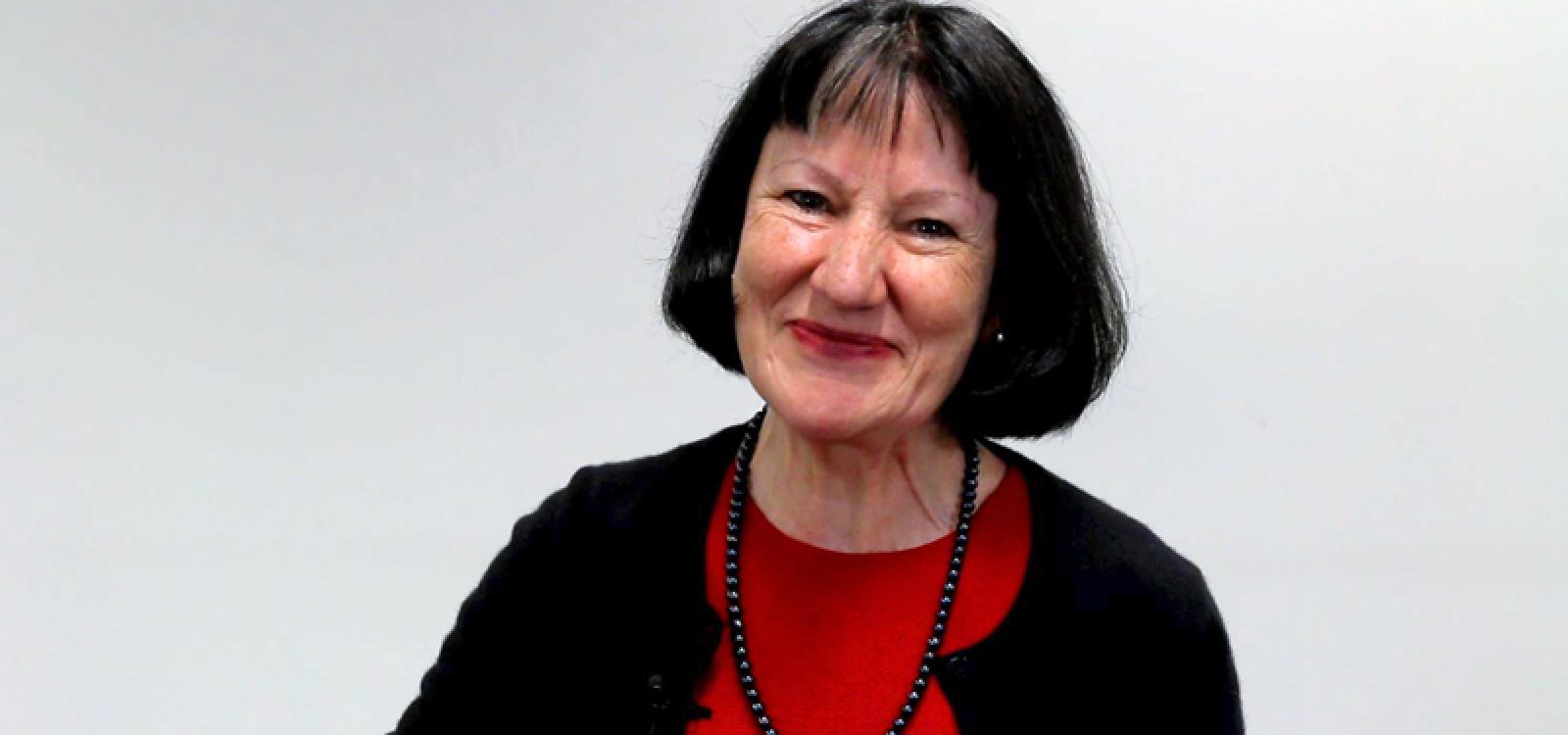
Actuaries and Political Life
Actuary Helen McLeod will run against Josh Frydenberg in the next Federal Election in the blue-ribbon Liberal seat of Kooyong, Victoria. Here, Natalie Warren speaks to her about why she’s motivated to run for office (again) and why more actuaries should get involved in politics.
“There are far too many lawyers in parliament and not nearly enough actuaries,’ says Helen McLeod, an actuary who retired from American International Group (AIG) in 2010 and is currently pursuing a lifelong unrealized ambition to study Classics. She joined the Australian Greens in 2011, in response to political rhetoric attacking the Clean Energy Act, a piece of legislation she says “made basic economic sense, was a good fit for industry and was doing its job of reducing carbon emissions”.
Helen originally held the role of Treasurer for her local Greens branch, but then volunteered to run as a candidate shortly before the Federal Election in 2013. The Liberal seat remained safely in Liberal hands but nevertheless, she is looking forward to contesting the next election in 2016.
Helen describes how everything about being an actuary informs who she is and what she does as a politician. Listening, bringing people together and influencing are core competencies for actuaries, and skills for which we perhaps do not give ourselves enough credit. Being an authentic communicator is vital.
“An election campaign is essentially a sales and marketing exercise – but the product is you. You must keep talking to people, and listening is key. Communicating is in the questions you ask; you must understand and respond to what you’re hearing,” says Helen.
“An effective politician must demonstrate their interest and understanding of their audiences’ issues and use this to shift their audiences effectively.”
Some might say this has not been a feature of Australian politics over the last few years and is a key reason why Helen decided to get involved. I asked Helen why politics need actuaries and how being an actuary has helped her political career so far.
“The more actuaries in politics the better,” she says. “The current parliament is remarkable for how few people can understand numbers. Having more people involved who have basic numeracy skills would make a huge difference.”
“Actuaries know how to assimilate and understand large amounts of information. Politics offers an amazing opportunity to get out there and obtain a huge amount of information from many different people with different points of view.” she said.
Helen sees actuarial training as a major advantage in politics. She says she would like to see a shift away from the personality and slogan politics and a return to a more actuarial way of looking at problems.
“We are taught, early on, the importance of professional, independent, fact-based analysis and I would dearly love to see professional, independent, fact-based analysis in our parliament,” says Helen.
The Big Issues
Helen believes the biggest issue facing Australia today is climate change. At the 2016 Federal Election, she will be running against the incumbent Liberal member, Josh Frydenberg, who has held the seat of Kooyong since 2010. He was promoted to the Cabinet under Malcolm Turnbull’s reshuffle and now holds the post of Minister for Resources, Energy and Northern Australia.
The Minister’s portfolio appointment and recent statement on the moral obligation of Australia to supply coal to less developed countries and the Greens’ environmental policy are clearly at odds. Helen welcomes a debate on energy resources in her constituency and believes her core actuarial skills will stand her in good stead. Her focus in the coming election will be on her strong belief in the prioritization of renewable energy over finite carbon-intensive traditional energy. She seeks to convince her electorate to buy into a scientifically based policy discussion.
Actuaries as Policy Advisors
Recently the Actuaries Institute announced its four key public policy ‘themes’ for development, aimed at increasing the influence of the profession and raising awareness of actuaries’ skillsets. The themes are:
- The challenges of an ageing population
- Financial sustainability and positive consumer outcomes
- Societal challenges; and
- Technology opportunities and risk
These themes are highly relevant politically and according to Helen, actuaries are well placed to advise government on them. While discussing the Institute’s recent Retirement Incomes White Paper “For Richer, For Poorer”, Helen commented:
“I found the White Paper valuable for many reasons, including the simple observation that people living longer means it takes longer to help your children by passing on your own home.
I haven’t heard that particular point from anyone else. Actuaries need to get in there to offer fact-based analysis to policy makers, to bring these issues to the forefront of discussions.”
As well as the sustainability of the current financial system, the White Paper focused on intergenerational inequality and the structural gap in retirement funds between single males, females and couples. Actuaries clearly understand these policy issues and are in a good position to use their professional knowledge to advise on policy decisions.
Helen sees climate change as the most important example of intergenerational inequality that Australians are facing. Her campaign will highlight the need for action and the potential solutions which must be implemented soon if the planet’s warming is to have a chance of staying below 2 degrees, a target committed to by the Australian Government at COP 21 in Paris in December last year.
Helen would love to see more actuaries follow her into the political arena and has some encouraging final words.
“Actuaries are used to thinking about the world in 30, 40, 50 years’ time, so are perfectly placed to be able to communicate the issues,” she says.
“Try to look past the adversarial environment and 30-second media grabs, we need thoughtful fact-based analysis. So please, please get involved!”
CPD: Actuaries Institute Members can claim two CPD points for every hour of reading articles on Actuaries Digital.






